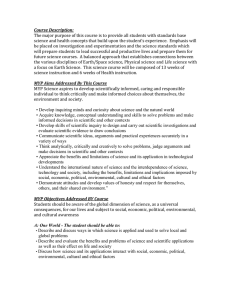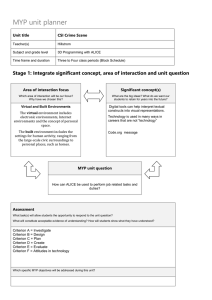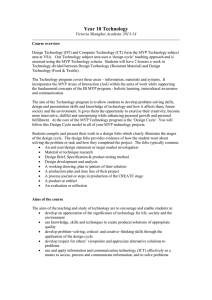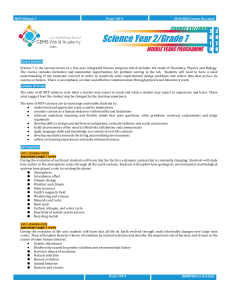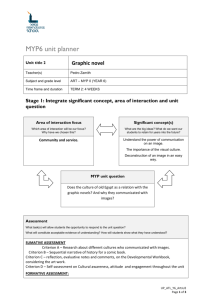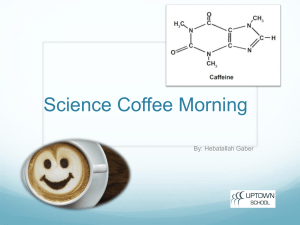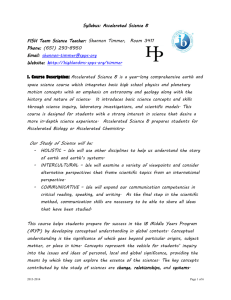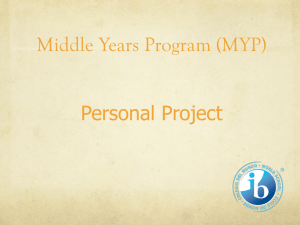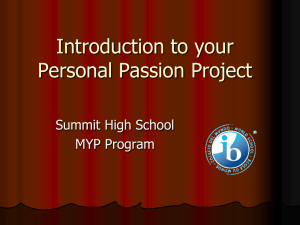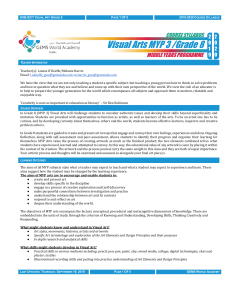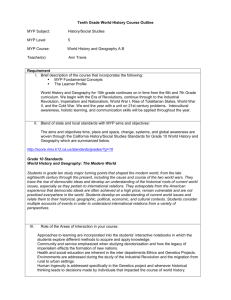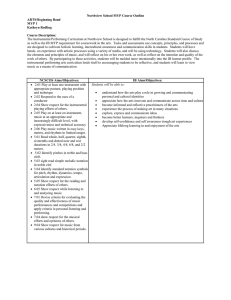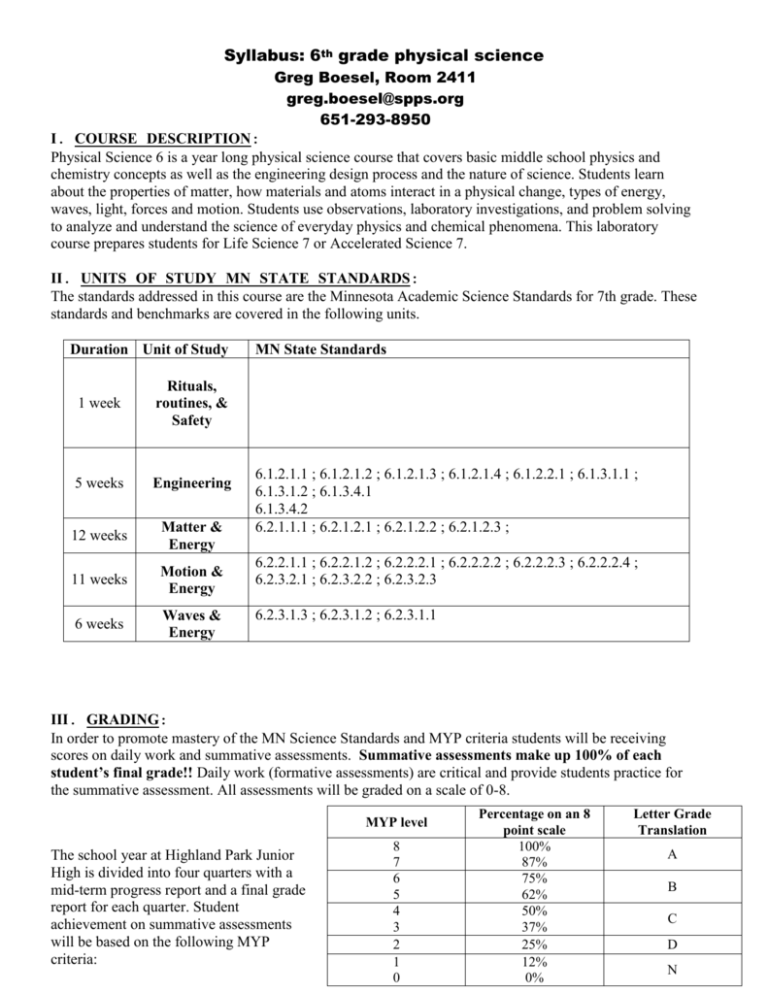
Syllabus: 6th grade physical science
Greg Boesel, Room 2411
greg.boesel@spps.org
651-293-8950
I. COURSE DESCRIPTION:
Physical Science 6 is a year long physical science course that covers basic middle school physics and
chemistry concepts as well as the engineering design process and the nature of science. Students learn
about the properties of matter, how materials and atoms interact in a physical change, types of energy,
waves, light, forces and motion. Students use observations, laboratory investigations, and problem solving
to analyze and understand the science of everyday physics and chemical phenomena. This laboratory
course prepares students for Life Science 7 or Accelerated Science 7.
II. UNITS OF STUDY MN STATE STANDARDS:
The standards addressed in this course are the Minnesota Academic Science Standards for 7th grade. These
standards and benchmarks are covered in the following units.
Duration Unit of Study
1 week
Rituals,
routines, &
Safety
5 weeks
Engineering
12 weeks
Matter &
Energy
11 weeks
Motion &
Energy
6 weeks
Waves &
Energy
MN State Standards
6.1.2.1.1 ; 6.1.2.1.2 ; 6.1.2.1.3 ; 6.1.2.1.4 ; 6.1.2.2.1 ; 6.1.3.1.1 ;
6.1.3.1.2 ; 6.1.3.4.1
6.1.3.4.2
6.2.1.1.1 ; 6.2.1.2.1 ; 6.2.1.2.2 ; 6.2.1.2.3 ;
6.2.2.1.1 ; 6.2.2.1.2 ; 6.2.2.2.1 ; 6.2.2.2.2 ; 6.2.2.2.3 ; 6.2.2.2.4 ;
6.2.3.2.1 ; 6.2.3.2.2 ; 6.2.3.2.3
6.2.3.1.3 ; 6.2.3.1.2 ; 6.2.3.1.1
III. GRADING:
In order to promote mastery of the MN Science Standards and MYP criteria students will be receiving
scores on daily work and summative assessments. Summative assessments make up 100% of each
student’s final grade!! Daily work (formative assessments) are critical and provide students practice for
the summative assessment. All assessments will be graded on a scale of 0-8.
MYP level
The school year at Highland Park Junior
High is divided into four quarters with a
mid-term progress report and a final grade
report for each quarter. Student
achievement on summative assessments
will be based on the following MYP
criteria:
8
7
6
5
4
3
2
1
0
Percentage on an 8
point scale
100%
87%
75%
62%
50%
37%
25%
12%
0%
Letter Grade
Translation
A
B
C
D
N
MYP Criteria:
(Criterion A) Knowledge and Understanding of Science- Students develop scientific knowledge
(facts, ideas, concepts, processes, laws, principles, models and theories) and apply it to solve
problems and express scientifically supported judgments.
(Criterion B) Inquiring and Designing- Students design, analyze and perform scientific
investigations.
(Criterion C) Processing and Evaluating- Students collect, process and interpret qualitative and/or
quantitative data, and explain conclusions that have been appropriately reached.
(Criterion D) Reflecting on the impacts of science- Students gain global understanding of science by
evaluating the implications of scientific developments and their applications to a specific problem or
issue.
IV. CONTENT-BASED INSTRUCTIONAL PRACTICES:
This course uses inquiry activities in an experimental setting, with strong emphasis on the content and the
process of science. Students will explore scientific concepts through group and individual work. Activities
may include hands-on activities, modeling, projects, scientific investigations, real-world observations, data
collection, data analysis and presentations.
V. INSTRUCTIONAL MATERIALS:
1. Interactive Science (Forces & Energy; Intro to Chemistry; Sound & Light) Pearson/Prentice Hall, 2013
2. Discovery Education techbook. http://www.discoveryeducation.com/
VI. LAB FEE:
A $10 lab fee (donation) is asked for to help cover the cost of making this materials intensive class as
engaging as possible for all my students. THANK YOU!

